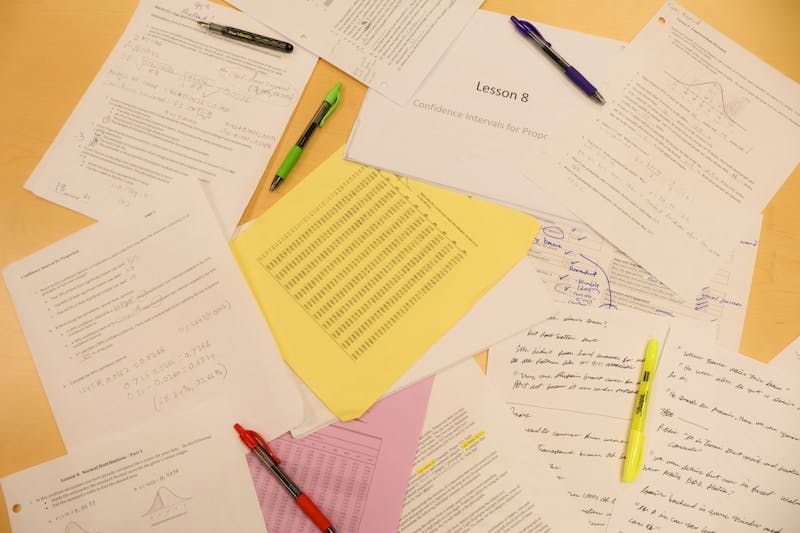YouTube is undeniably the most-popular video streaming website, and has dominated the internet since its launch in 2005. YouTube’s recently announced Terms of Service changes that will undoubtedly harm the rights of its users.
YouTube’s upcoming policy changes will go into effect Dec. 10. Perhaps the boldest statement reads:
“YouTube is under no obligation to host or serve content.”
Another section states:
“Our Terms now include more details about when we might need to terminate our Agreement with bad actors. We provide a greater commitment to give notice when we take such action and what you can do to appeal if you think we’ve got it wrong. We’ve also added instructions for you, if you decide you no longer want to use the Service.”
The new terms are displayed under the “Terms of Service” section of its website. YouTube defines its service:
“The Service allows you to discover, watch and share videos and other content, provides a forum for people to connect, inform, and inspire others across the globe,” the terms says. This sounds pretty bright and cheery, but YouTube later elaborates that these nifty features are not for all:
“YouTube may suspend or terminate your access, your Google account, or your Google account’s access to all or part of the Service if... (c) we believe there has been conduct that creates (or could create) liability or harm to any user, other third party, YouTube or our Affiliates.”
Liability and harm both seem like very vague concepts. Does YouTube refer to physical harm? Financial harm? Emotional harm? In the absence of specifics, YouTube itself can decide its own rules.
The agreement continues to read, “YouTube may terminate your access, or your Google account’s access to all or part of the Service if YouTube believes, in its sole discretion, that provision of the Service to you is no longer commercially viable.”
“Commercial viability” is an inadequate operative statement to evaluate who may make use of YouTube’s function. Content creators do not always do so to make money. They are attempting to connect to others and share happy experiences or educate others completely for free.
According to economist Milton Friedman, the primary role of a business is to maximize profits for its owners. It seems YouTube has doubled-down to commit to this.
But YouTube is not just any business. YouTube holds a monopoly over the video-sharing industry, and although it has been challenged by smaller apps such as Vine and TikTok, it still holds a great hegemony in video-hosting.
What further solidifies YouTube as the supreme video-sharing program is that it is owned and backed by Google, an internet behemoth in of itself.
When a single business holds a monopoly over an industry, it means alternatives cannot easily challenge it. When that happens, it is easily able to determine its own ethics in the free market because users won’t be able to flock to alternatives for video content.
However, the very conditions that allow YouTube to maintain hegemony are those that also call for ethical restraint and protection for the masses against abuse. And when one entity holds disproportionate power over others, it becomes more and more plausible to invite regulation — in this case, by the government.
When a business works to maximize its profits without restraint, it inevitably steps on the toes of the little man.
In its monopoly over video-sharing, YouTube must not take it upon itself to judge what is worthy and what is not worthy of being placed on the internet, and it should not blatantly disregard the rights of its users in favor of hyper-capitalistic drives.
YouTube set out with admirable goals of connecting others and allowing the free passage of information. However, in its quest the procurement of greater capital, YouTube has mercilessly betrayed that function and turned to the censorship and regulation of free ideas.


The Slate welcomes thoughtful discussion on all of our stories, but please keep comments civil and on-topic. Read our full guidelines here.